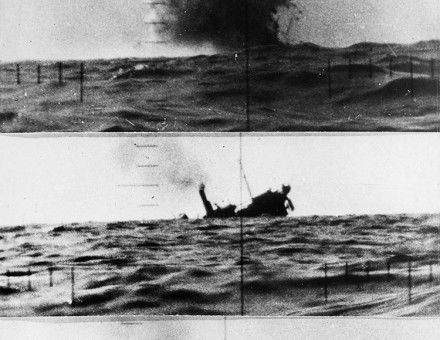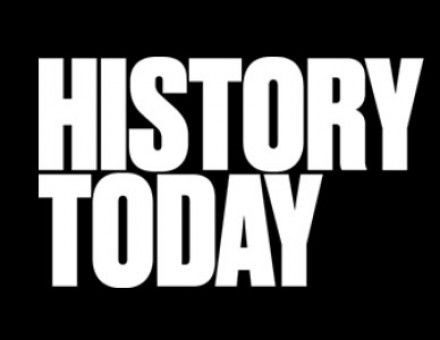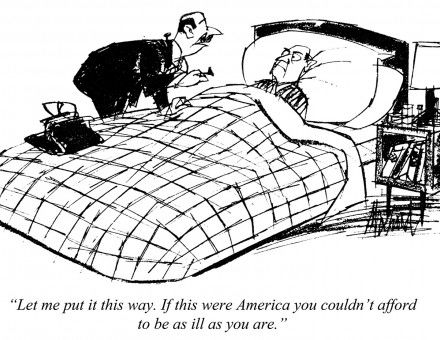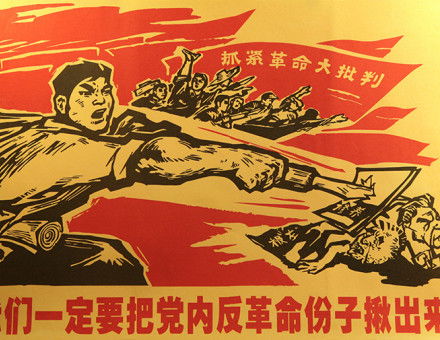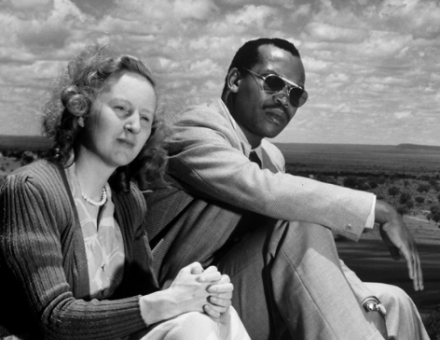The Sinking of Japan
An island nation with few resources, Japan was in a precarious enough position when it declared war on the United States in December 1941. That its powerful navy failed to learn the lessons of previous conflicts made matters even worse.


